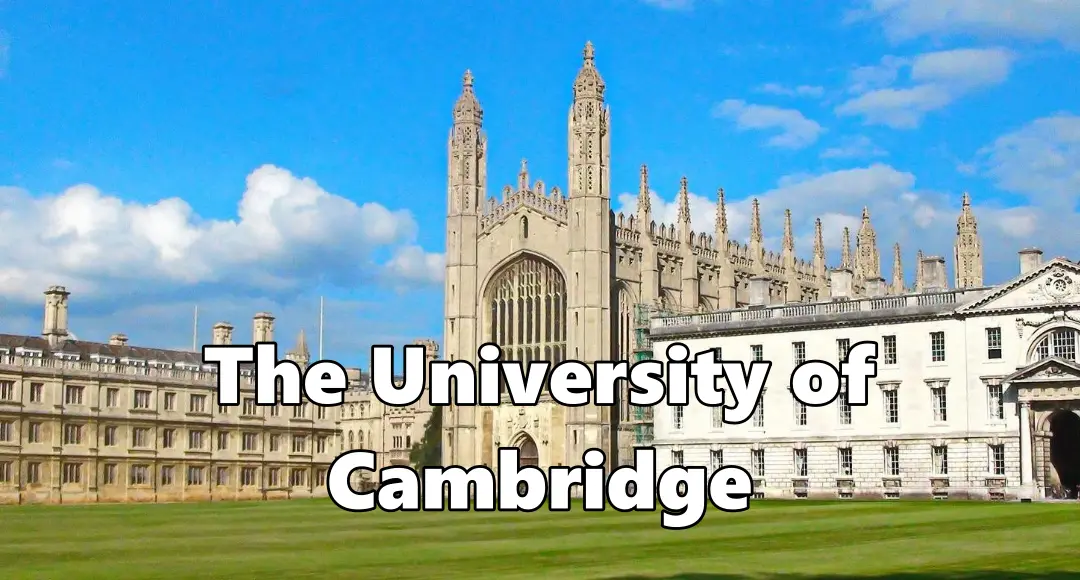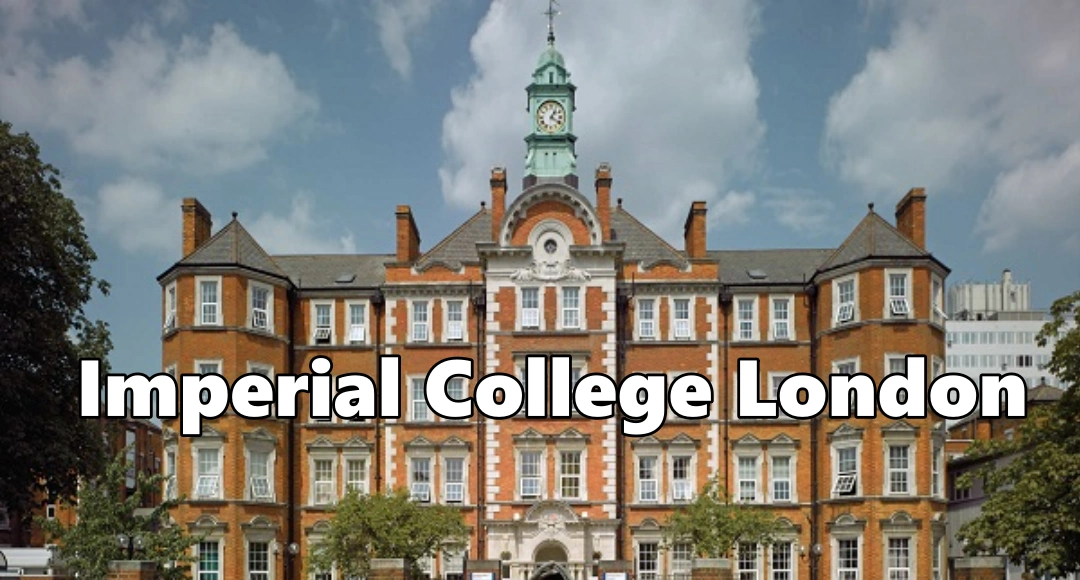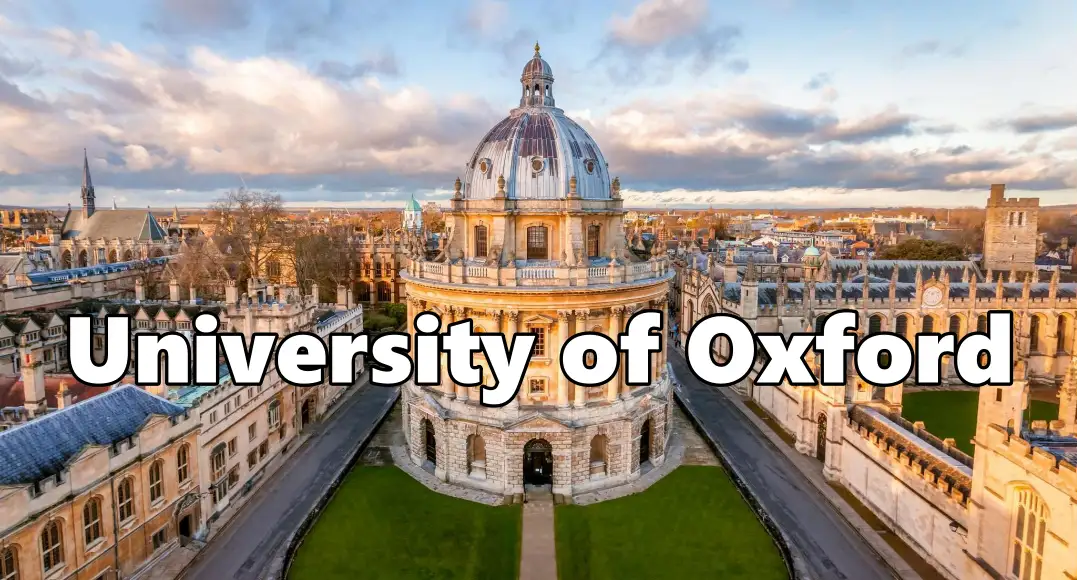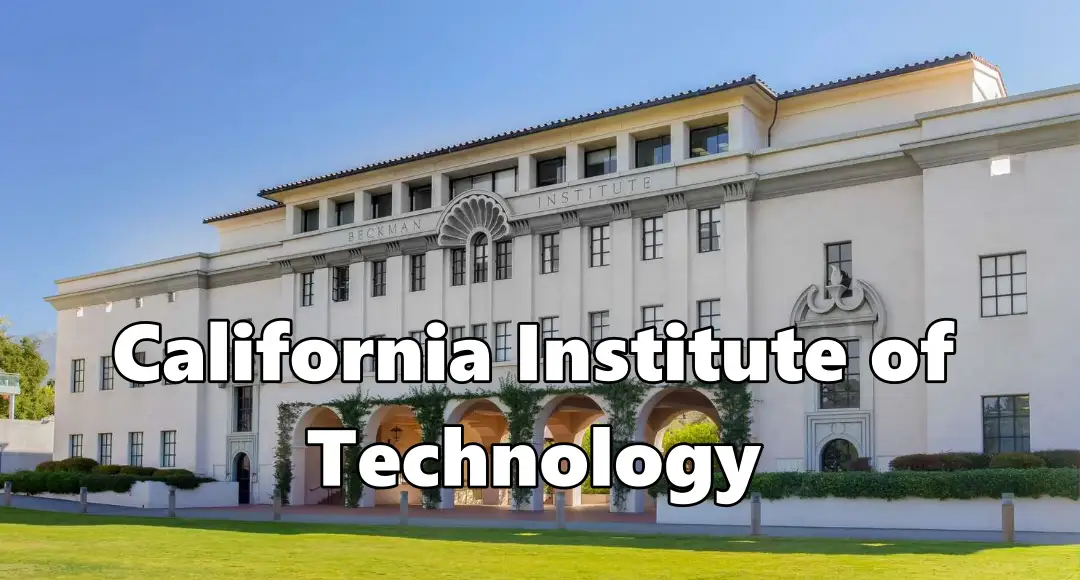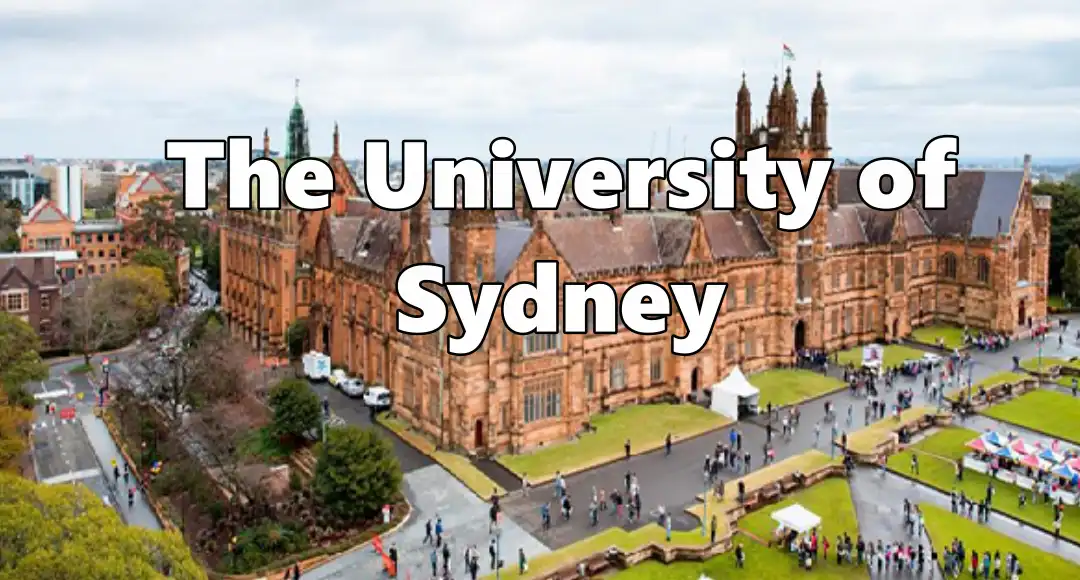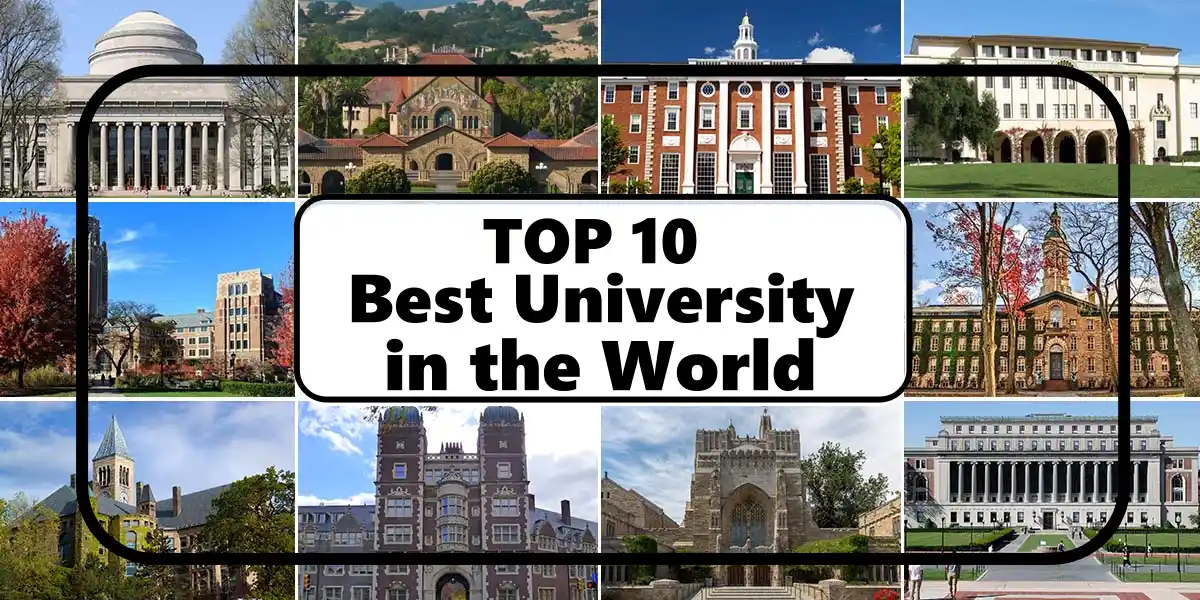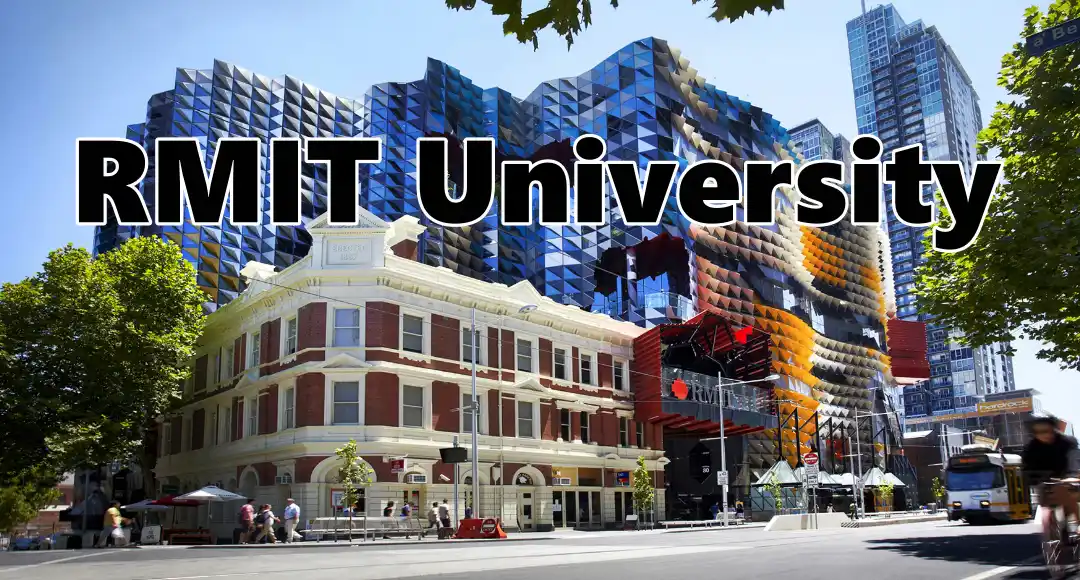The University of Cambridge: World’s Top Univers
The University of Cambridge, founded in 1209, is one of the world’s oldest and most famous universities. Located in Cambridge, England, it has been a centre for academic excellence and scientific discoveries for over 800 years. The university is known for its high academic standards, rich history, and graduates who have made significant contributions in various fields.
History and Foundation
Cambridge was founded in 1209 when a group of scholars left Oxford University due to conflicts with local townspeople. They settled in the city of Cambridge and created a new university. Over time, Cambridge grew into one of the most prestigious universities in the world.
In the 13th and 14th centuries, the university quickly expanded and established its first colleges. The college system, which divides the university into independent but connected colleges, became a key feature of Cambridge. Early colleges, like Peterhouse (founded in 1284) and Clare College (founded in 1326), are still active today.
The Collegiate System
Cambridge is made up of 31 independent colleges. Each college is like a small community with its administration, traditions, and student life. While each college operates independently, they all follow university-wide rules. Students apply to one of the colleges, where they live and receive their education.
Life at Cambridge
Life at Cambridge is shaped by its colleges. Each college has special traditions, such as formal dinners and events like the May Ball. These traditions help build strong connections between students and staff. Students also compete in sports and academic challenges against each other in a friendly, competitive atmosphere.
Academic Excellence
The University of Cambridge offers many undergraduate and postgraduate programs in a wide range of subjects. Undergraduate programs usually last three to four years, while postgraduate programs can take a few years more. Students receive both lectures and personal tutorials, allowing for a high level of support from their professors.
Cambridge’s Reputation
Cambridge is known worldwide for its academic excellence. It consistently ranks among the top universities globally. Many of the world’s leading scientists, writers, and thinkers studied here, and the university has produced over 100 Nobel Prize winners, making it one of the most successful universities in the world in terms of Nobel prizes.
Famous Alumni and Their Contributions
Cambridge has produced more than 100 Nobel Prize winners. Some of the most famous include:
- Sir Isaac Newton, created the laws of motion and gravity.
- Francis Crick, who helped discover the structure of DNA. The university has a strong tradition of producing influential figures in science, economics, and many other fields.
Other Notable Alumni
Cambridge has been the home of many important figures throughout history, including:
- Charles Darwin (Theory of Evolution)
- Stephen Hawking (Theoretical Physics)
- Alan Turing (Computer Science)
- John Maynard Keynes (Economics)
These individuals have shaped our understanding of the world and have made lasting contributions to human knowledge.
Research and Innovation
Cambridge is home to world-class research centres, such as the Cavendish Laboratory for Physics and the Cambridge Institute for Sustainability Leadership. Researchers at Cambridge are at the cutting edge of discoveries in science, medicine, technology, and environmental studies.
Collaboration and Innovation
The university encourages collaboration, both within its own departments and with other universities and industries. Many successful startups, particularly in fields like technology and biotech, have grown out of Cambridge’s research environment.
Campus and Facilities
Cambridge’s campus is a mix of historic buildings, like the famous King’s College Chapel, and modern structures like the Cripps Court. The university’s colleges, libraries, and research centres are spread throughout the city, creating an inspiring environment for students.
Libraries and Museums
The university has several impressive libraries and museums. The University Library holds millions of books and documents, while the Fitzwilliam Museum has an excellent collection of art and artefacts. These resources support students’ learning and research in all areas of study.
Sports and Extracurricular Activities
Sports play an important role at Cambridge. The university is particularly famous for rowing, with the annual Cambridge-Oxford Boat Race being one of the oldest sporting events in the world. Other sports include rugby, football, and cricket. Cambridge also offers many clubs and activities in music, drama, politics, and debate, allowing students to get involved outside of their studies.
Admission Process
Getting into Cambridge is very competitive. Students apply through the UCAS system and must have excellent academic qualifications, such as top A-level results or equivalent. In addition to academic performance, applicants may need to take written tests or attend interviews.
The admissions process is designed to identify students with high potential, and Cambridge looks for candidates who show passion and dedication to their chosen field of study.
Postgraduate Admissions
Postgraduate admissions are also highly competitive. Students apply directly to the specific department or program they want to join. They often need to provide academic transcripts, personal statements, and sometimes research proposals. Many programs also require an interview or written exam.
Financial Aid and Scholarships
Tuition fees at Cambridge vary depending on whether the student is from the UK, the EU, or from outside the EU. In addition to tuition, students must also cover living expenses, such as accommodation, food, and personal costs.
Financial Support
Cambridge offers a range of scholarships and financial support to help students with tuition and living costs. These include merit-based scholarships for excellent students, as well as need-based support for those from less privileged backgrounds. The university is committed to making sure that finances don’t stop talented students from attending.
Global Impact and Outreach
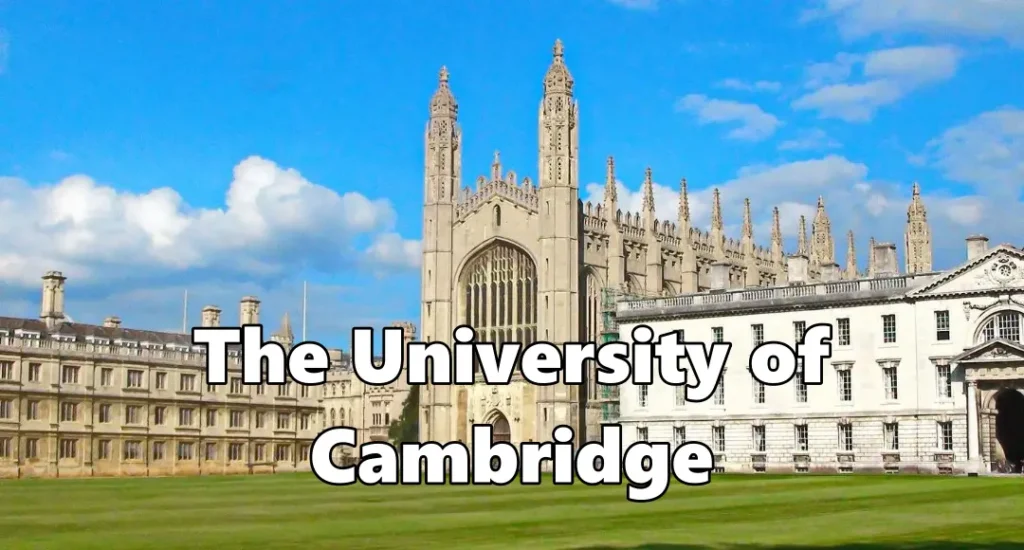
Cambridge has a diverse student body, with many students coming from countries all around the world. The university is internationally recognized and attracts talented students from different cultures and backgrounds. Cambridge has built connections with universities globally and often collaborates with international institutions on research projects.
Outreach Programs
Cambridge has programs designed to encourage students from all backgrounds, especially those from underrepresented communities, to apply. These outreach efforts help ensure that students are selected based on their abilities, rather than their financial or social background.
Conclusion
The University of Cambridge is a centre of learning, research, and tradition. Its long history, world-class education, and significant contributions to science and culture make it one of the top universities in the world. With its diverse and talented student body, Cambridge continues to inspire future generations and play a major role in shaping global knowledge and innovation.
